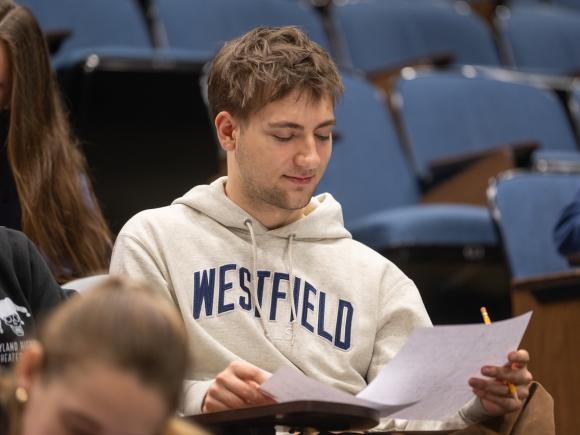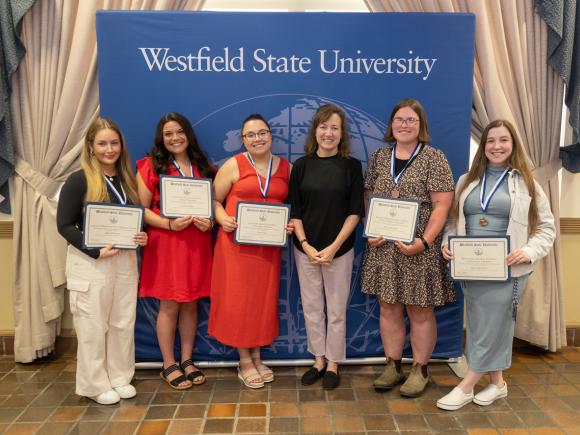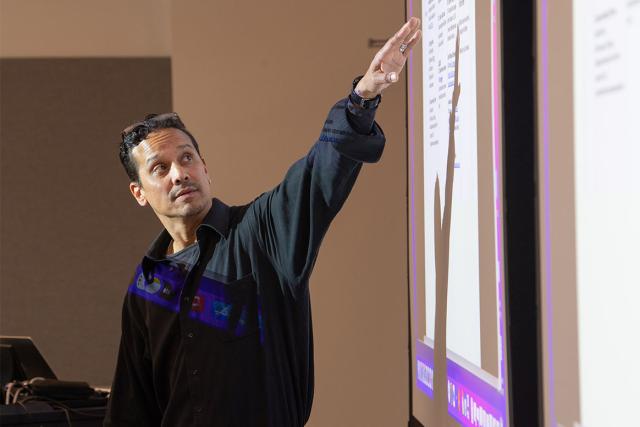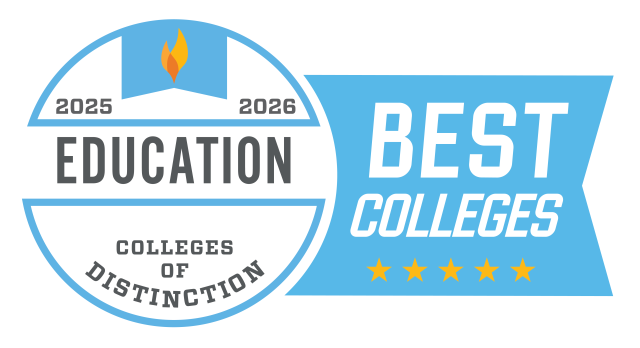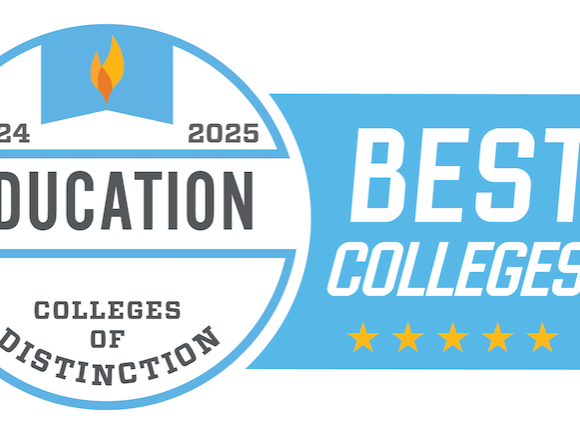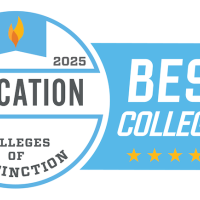
The Bachelor of Science in Education (B.S.E.) in Special Education: Moderate Disabilities (5-12) at Westfield State University prepares future educators to support students with diverse learning needs. This program provides a strong foundation in instructional strategies, behavior management, and individualized education planning, ensuring that graduates are well-equipped to create inclusive learning environments. With a blend of coursework and hands-on experiences, students gain the skills necessary to address the academic and social-emotional needs of students with moderate disabilities. Approved by the Massachusetts Department of Elementary and Secondary Education (DESE) and accredited by AAQEP, this program leads to initial licensure in Special Education (5-12), empowering educators to make a meaningful impact in middle and high school classrooms.
